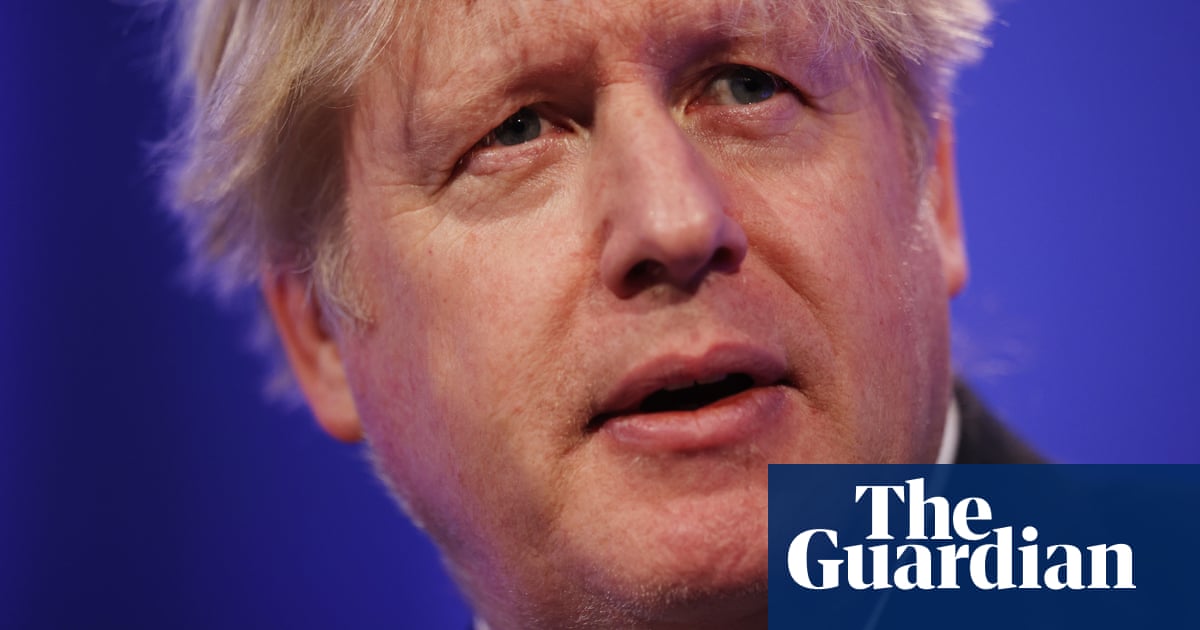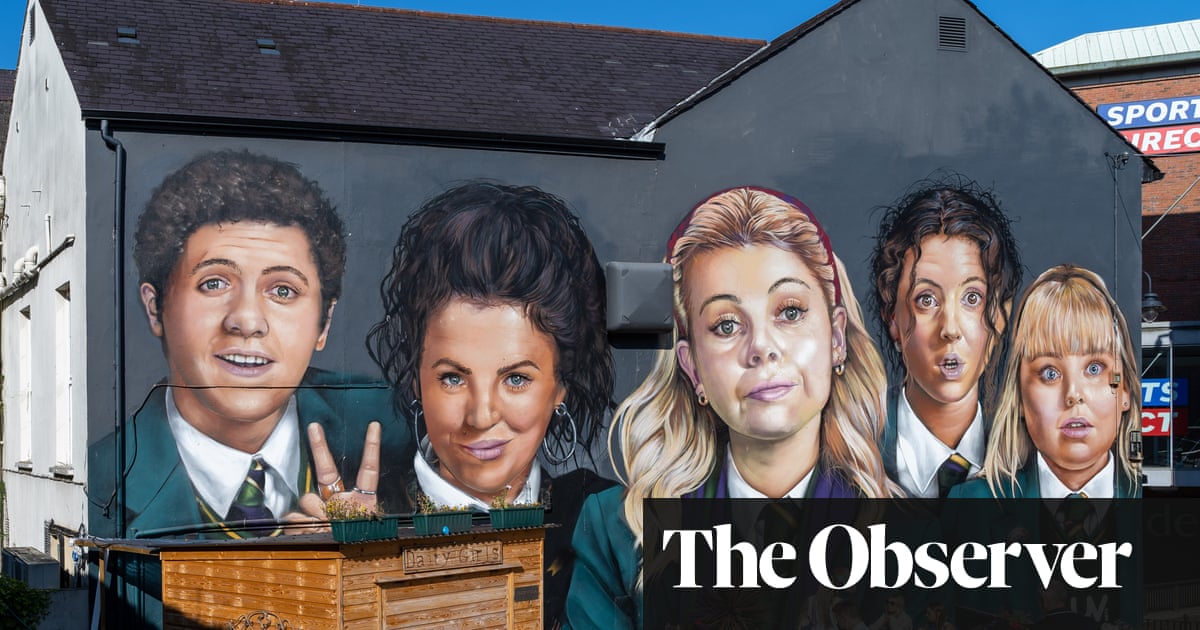
Northern Ireland has marked its centenary with low-key commemorations, reflecting a mixed mood of pride, resentment and post-Brexit uncertainty.
The Queen and Boris Johnson led tributes to the region on its 100th birthday on Monday with carefully worded statements that praised its people while acknowledging a troubled history and polarised society.
Advocates of a united Ireland made their own statement by draping a giant banner over a tower block in west Belfast urging the region to leave the UK. “A united Ireland is for everyone. Let’s talk about it,” said the banner, which had a Sinn Féin logo. It was later removed.
Several band parades, church services and other small-scale events, operating under pandemic restrictions, were held across the region.
Northern Ireland was created on 3 May 1921 when the Government of Ireland Act came into effect and partitioned the island, leaving its six north-eastern counties under British rule and dominated by a Protestant majority that discriminated against the Catholic minority.
The Queen said the anniversary was a reminder of a complex history that invited reflection on togetherness and diversity. “In Northern Ireland today, there is, perhaps, more than ever, a rich mix of identities, backgrounds and aspirations, and an outward-looking and optimistic mindset,” said her statement.
“The political progress in Northern Ireland and the peace process is rightly credited to a generation of leaders who had the vision and courage to put reconciliation before division. But above all, the continued peace is a credit to its people, upon whose shoulders the future rests.”
The prime minister said centenary events in the coming months would exhibit the region’s accomplishments. “The government will continue to showcase all the brilliant things Northern Ireland contributes to the rest of the UK and the world, from its world-class fintech industry and research capabilities to its inspiring young people and its vibrant culture of arts and sport.”
Johnson’s statement added: “It is also important that we pause to reflect on the complex history of the last 100 years. People from all parts of Northern Ireland, the Republic of Ireland, the United Kingdom and across the globe will approach this anniversary in different ways, with differing perspectives.”
Gerry Adams, the former Sinn Féin leader, published an essay recalling violence against Catholics in the early years of Northern Ireland, calling it a “pogrom” that launched decades of state-sanctioned violence against nationalists and Catholics. Adams also tweeted what has become a Sinn Féin rallying cry: “Time4unity.”
The SDLP leader, Colum Eastwood, said Northern Ireland had reached a fork in the road. “It’s time we had a meaningful conversation about where we go next.”
Ireland’s president, Michael D Higgins, said that instead of calling for a united Ireland it was better to call for a united vision against violence and “false differences”.
The UK government has set aside £3m for centenary events in the coming months, including tree-planting, an online concert, a business conference, a postmark and a church service.
Efforts to forge a united political front to mark the anniversary foundered. Sinn Féin and the SDLP boycotted a panel coordinating the commemorations. Sinn Féin also blocked the erection of a stone in the shape of Northern Ireland at the Stormont assembly.
Unionists have expressed pride in Northern Ireland’s contribution to the UK, singling out arts, culture, sport and industry, but political developments along with Covid-19 dampened any festive spirit.
Unionist leaders fear the post-Brexit Irish Sea trade border will untether the region from the UK just as Catholics seem poised to outnumber Protestants for the first time. A party revolt last week toppled Arlene Foster, the Democratic Unionist party leader and first minister. The possibility of Scotland seceding from the union has also fuelled anxiety and focused attention on this week’s Scottish election.












